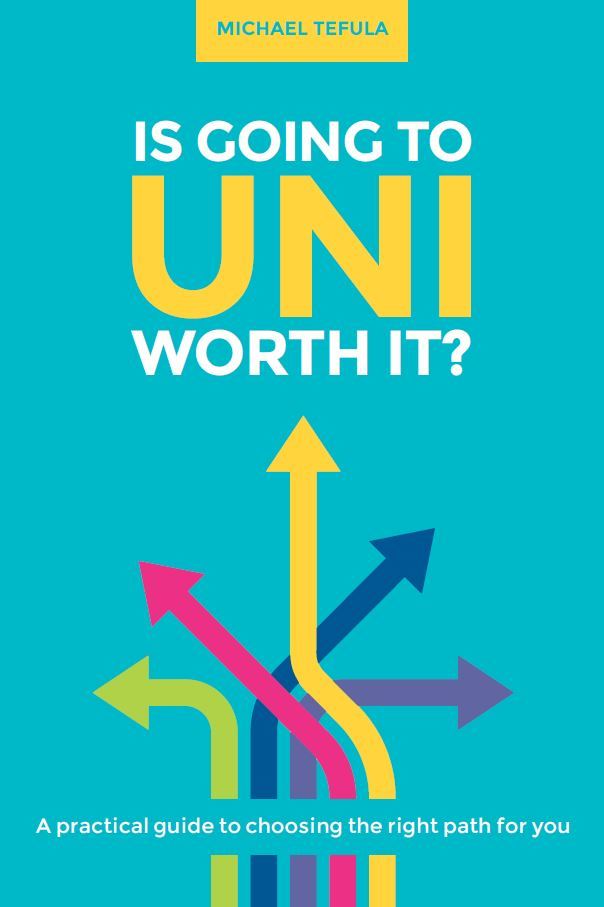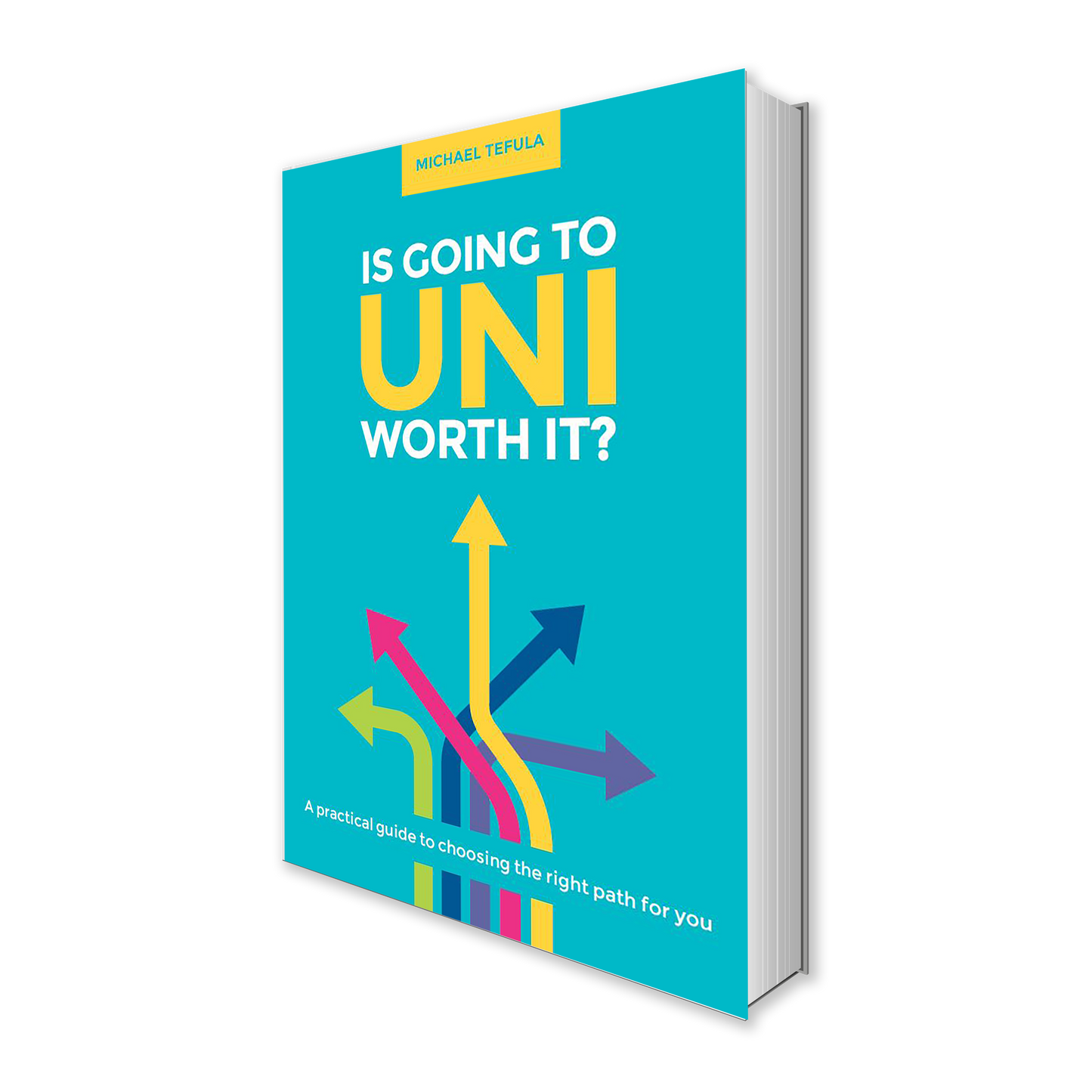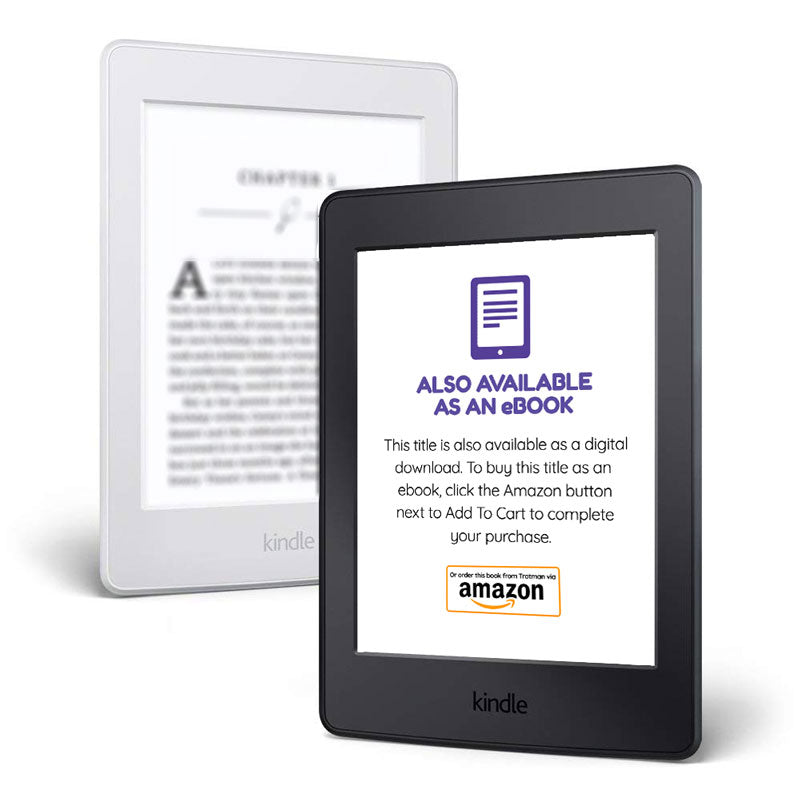This valuable handbook empowers school leavers to take ownership of their early career choices. The author presents 4 parts comprising 14 chapters, offering a systematic guide to considering whether it is worth going to University.
By adopting a positive mindset and embracing hope and optimism, the student, parent/carer, and teacher will appreciate the complexities and perplexities of career information, pathways, options, and choices, at this important stage of the early career journey.
Comparing the well-known and established University pathway and the lesser-known, Apprenticeship levels (intermediate, advanced, higher, and degree) the author introduces five factors - career options, learning preferences, financial costs, future financial rewards, and social life that enable a deeper and richer understanding. The final practical exercise is an excellent summary and opportunity to apply the five factors and ultimately arrive at an optimum decision that suits a school leaver's individual circumstances.
At a time when school leavers are faced with so many options and suffering from information overload, a trusted and knowledgeable guide written in a friendly, accessible manner becomes indispensable.







